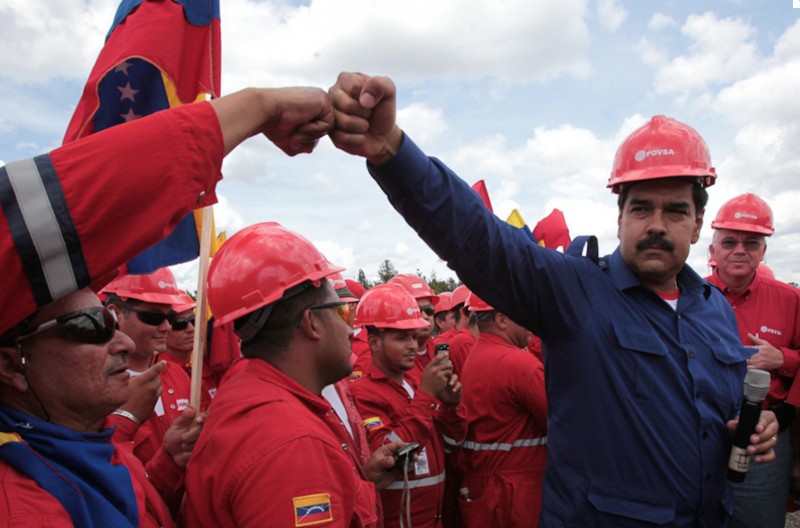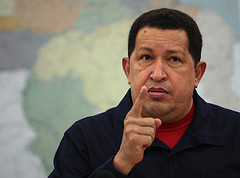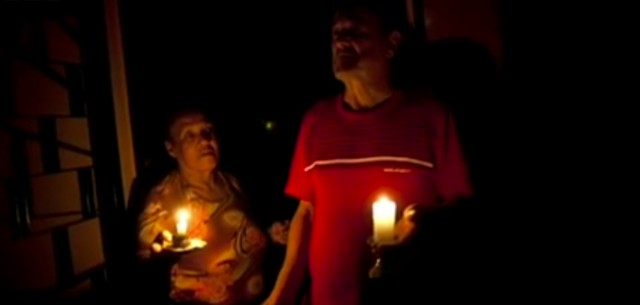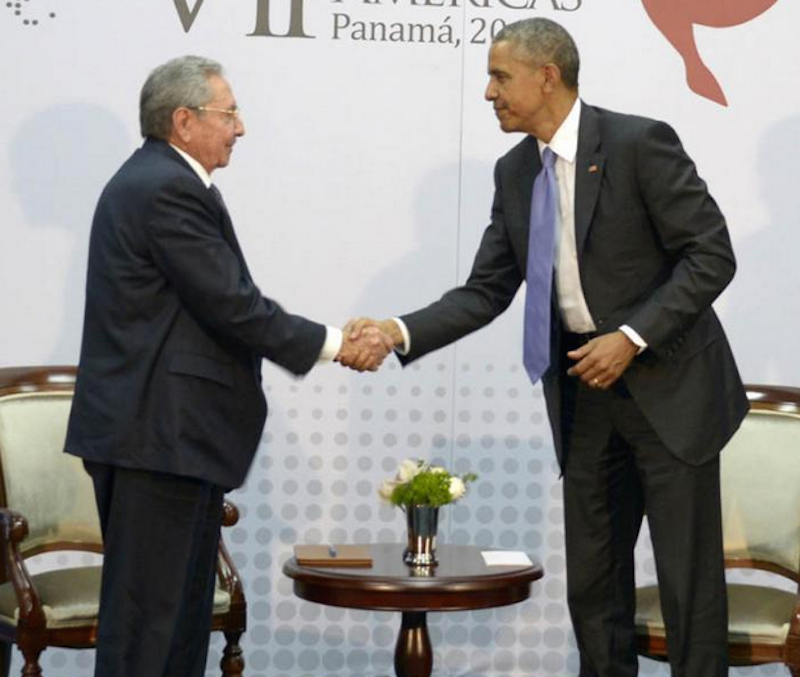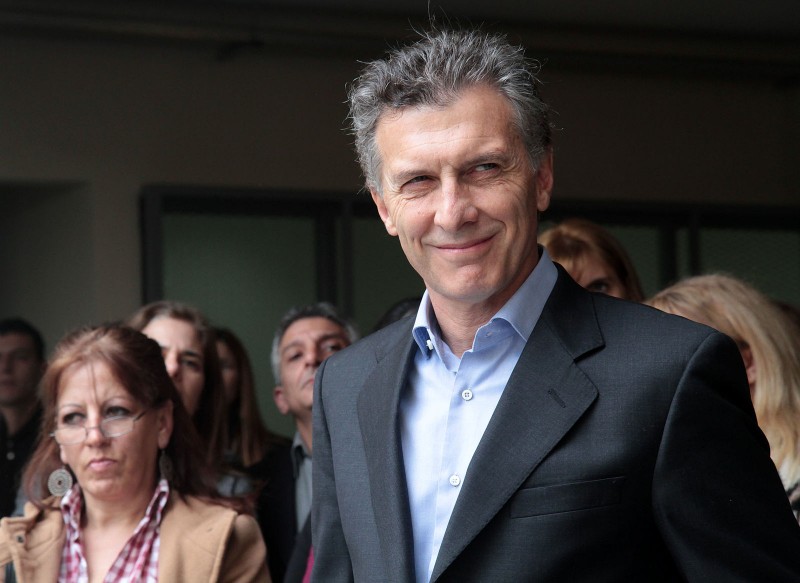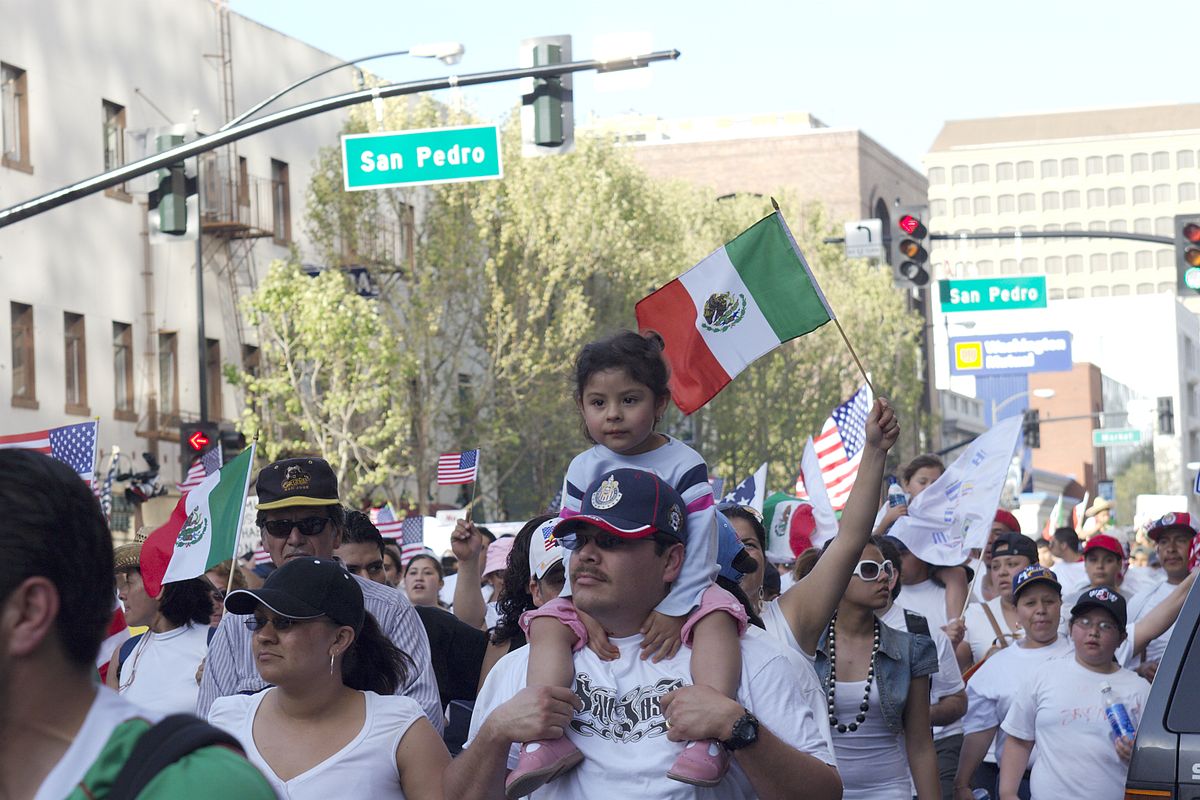
Latin America: Week in Review, Mexico, North America, United States
Report: More Mexicans Leaving the United States Than Arriving
November 20, 2015 By Staff
Top Story — More Mexicans are now leaving the United States than arriving, a Pew Research Center report released on Thursday revealed. Data from the center’s 2014 Mexican National Survey showed that more than one million Mexicans and their families left the United States for Mexico from 2009 to 2014, compared with 870,000 Mexicans who came to the United States during that same period — a net loss of some 140,000 people.
The report comes after deportations hit a record high under the Obama administration in 2013, but the majority of those who returned to Mexico said that they did so of their own accord. Increased efforts to secure the border and rising drug war-related violence has also made crossing back into the United States a more dangerous and costly affair.
The majority of Mexicans who returned home did so to reunify with family there, but the slow post-recession economic recovery in industries like construction has also contributed to the shift. An aging population in Mexico has also decreased competition for employment there, as the older generation moves into retirement.
Mexicans comprise the largest portion of the U.S. immigrant population and made up 28 percent of all new immigrants who came to the United States in 2013. While more than 16 million Mexicans migrated to the United States between 1965 and 2015, researchers say that the recent decline marks the end of this period of mass migration.
Headlines from the Western Hemisphere
North America
- Mastercard, along with the Florida-based Stonegate Bank, have announced that U.S. citizens will now be able to use their debit cards in Cuban restaurants, hotels and shops, thus becoming one of the first U.S. financial services to operate in Cuba as relations between the two countries improve.
- In the midst of heightened suspicion of Syrian refugees, the U.S. Department of Homeland Security has confirmed that two Syrian families, consisting of eight people, turned themselves in to immigration authorities at the U.S.-Mexico border. One Afghan and five Pakistanis trying to cross into the United States from Mexico were apprehended on Monday, but despite handwringing over the possibility of terrorists entering the United States from Mexico, officials said none of the migrants detained this week has any history of radical or violent activity.
Caribbean
- In Puerto Rico, legislators are attempting to tackle the island’s debt by moving forward on a bill that would give a fiscal control board more authority to endorse fiscal reform plans.
- A new report by Amnesty International has accused the Dominican Republic of engaging in human rights abuses by systematically denying rights and citizenship to Dominicans of Haitian descent.
Central America
- In an attempt to find a solution for the roughly 2,400 Cubans currently stranded in Costa Rica on their way to the United States, Costa Rican officials announced Thursday that they will work with 12 other countries in the region, including Cuba and Ecuador, in an upcoming meeting of the so-called Central American Integration System in El Salvador on Nov. 23.
- The Conguate, an 18-year-old coalition of Guatemalan migrants living in the United States, has traveled to Guatemala City to present to the government their demands for more awareness of migrant conditions.
- The five Syrians detained on Tuesday in Honduras with stolen Greek passports, four of them students, say they were making their way to the United States in order to seek refugee status.
- José Antonio Lacayo, Nicaragua’s former cabinet chief, was found dead late Wednesday after he was reported missing from a helicopter crash that killed the other passengers.
Andes
- Election officials in Venezuela have banned advertisements by the small MIN Unity party, which they say was intentionally attempting to confuse voters by using the same slogan and logo as main opposition party MUD Unity, even going so far as to run a candidate with the exact same name as the incumbent in one district.
- Venezuelan President Nicolás Maduro said that he will launch a formal protest and review his country’s relationship with the United States following a Wednesday report in The Intercept that revealed U.S. spying on Venezuela’s state-owned oil and gas company.
- Although Ecuadorean President Rafael Correa has proposed to amend his country’s constitution so that he can’t seek re-election in 2017, a new amendment cleared Wednesday night would allow Correa to run again in 2021, a move the opposition is calling unconstitutional.
- Yesterday marked the third anniversary of peace talks between Colombia’s government and FARC rebels in Havana, Cuba. In an interview with the BBC, President Juan Manuel Santos said he will “be in serious difficulty” if the Colombian people ultimately reject the peace deal.
- Ecuador has said that it will honor a $650 million foreign debt payment due on Dec. 15 — the first time the country has repaid a bond in 180 years — as President Rafael Correa aims to restore investor confidence and reverse the country’s reputation as a serial defaulter.
Southern Cone
- Argentina’s presidential candidates Daniel Scioli and Mauricio Macri argued Thursday over a comment Scioli made indicating that Argentine native Pope Francis supported him over Macri. As of now, opposition candidate Macri, considered to be more “market-friendly,” appears set to win Sunday’s presidential election as he leads Scioli by as many as eight percentage points in polls. The BBC spoke with supporters of each candidate to assess what they believe should be the priorities of the new government.
- A Brazilian police officer has been charged with homicide over the April death of Eduardo de Jesus Ferreira, a 10-year-old boy whom officers had claimed was caught in crossfire during an operation against suspected drug traffickers.
- Brazilian mining company Samarco announced Thursday that it has been ordered to pay 112 million reales (U.S. $30 million) for the environmental damage caused by the Nov. 5 rupture of one of its dams, which left at least 11 people dead. Samarco is already paying some $78 million in compensation for those affected by the disaster.
Subscribe to Today in Latin America by Email
< Previous Article
